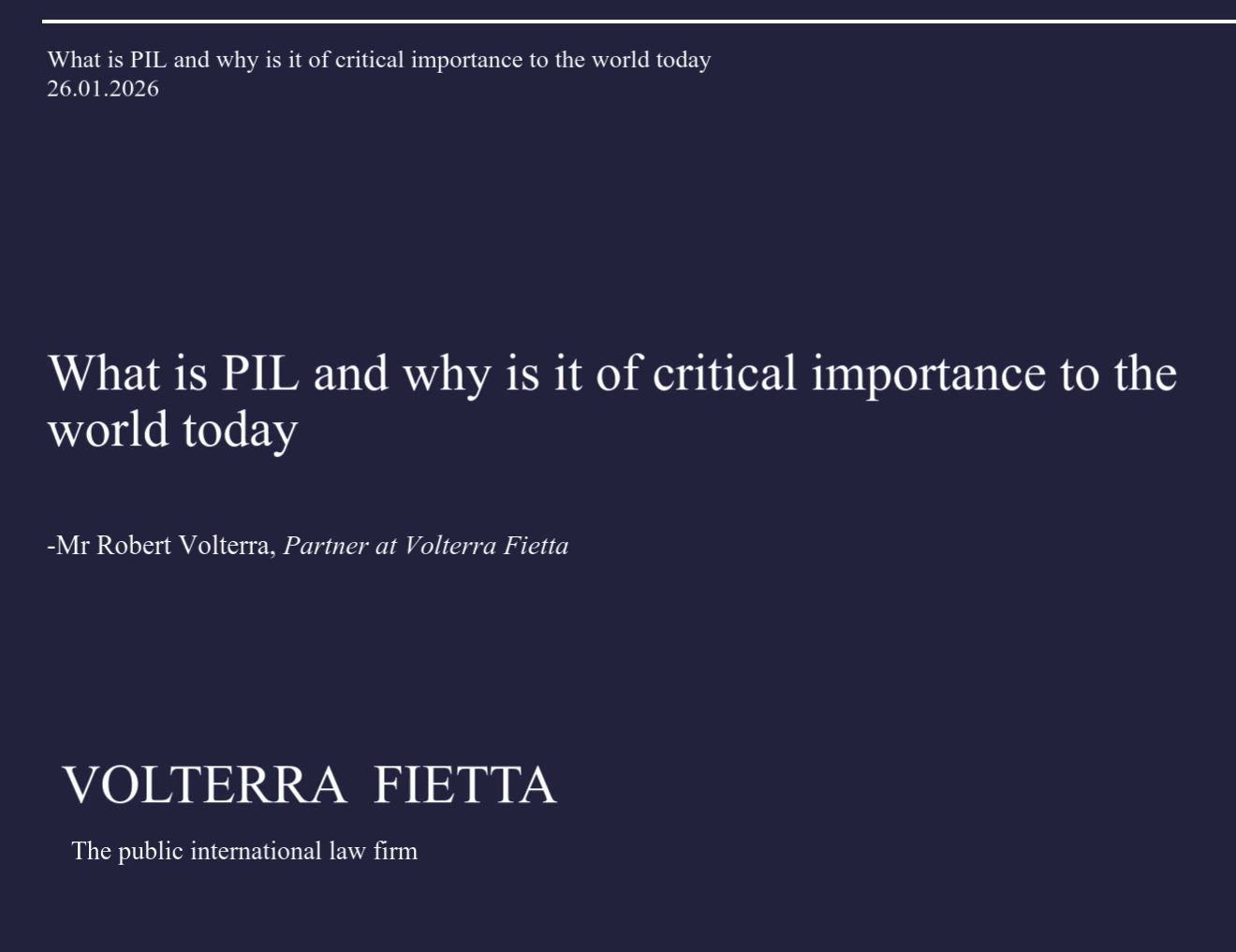The United Kingdom (“UK”) has announced that it is set to join the Comprehensive Progressive Agreement for Trans-Pacific Partnership (“CPTPP”) by end 2024. It cleared a major hurdle to do so in March 2024, when the UK’s CPTPP bill received Royal Assent and was enacted into domestic law.
The new Act follows the substantial conclusion in March last year of nearly two years’ negotiations between the UK and the CPTPP’s other member States. This paved the way for the UK to sign the CPTPP in July 2023 – the first new country to do so since its establishment in 2018.
CPTPP at a glance
The CPTPP is a major free trade agreement comprising 11 economies in the Asia-Pacific, worth some 13 per cent of the global GDP. Its existing membership consists of Australia, Brunei Darussalam, Canada, Chile, Japan, Malaysia, Mexico, New Zealand, Peru, Singapore and Vietnam. The CPTPP gives member countries greater access to each other’s markets and reduced trade tariffs on most items – in broad terms, removing some 95 per cent of tariffs between members. Together, the CPTPP’s membership (pre-UK) covers some 500 million consumers across the Asia-Pacific region.
The UK will become the first new member, and first European member, to join the CPTPP since its inception. Its membership will increase the CPTPP’s coverage to some 15 per cent of global GDP. Formal applications to join the CPTPP are also pending from five other economies: the People’s Republic of China (16 September 2021); Chinese Taipei (22 September 2021, applying as a separate customs territory); Ecuador (13 December 2021); Costa Rica (10 August 2022); Uruguay (1 December 2022); and Ukraine (5 May 2023)
As announced by the UK Government, CPTPP membership provides a gateway to greater market access within the Indo-Pacific and Americas region. Among other things, the UK Government has promoted tariff-free access to key agricultural and automotive markets, as well as creating new opportunities from diversifying supply chains and stronger trading links across the Asia-Pacific and Americas.
New Benefits and Challenges for States and Investors
As Volterra Fietta has previously reported, under the CPTPP’s investment terms, States that are party to the CPTPP undertake to treat each other’s investors and their investments in accordance with a number of substantive treatment standards. These include the fair and equitable treatment standard and the prohibition on expropriation without compensation. The CPTPP also contains provisions on investor-State arbitration. In the event of an investment dispute, those provisions allow qualifying investors from one CPTPP State party to commence an investor-State arbitration directly against the other CPTPP State party, in which their investment is located.
Upon accession, these benefits will apply reciprocally as between the UK and other CPTPP member States when their respective investors operate in each other’s markets. It should be noted, however, that the UK, Australia and New Zealand have agreed to disapply the CPTPP’s investor-State arbitration provisions as between themselves.
What’s Next?
The UK’s signature of the CPTPP in July 2023 paved the way for the UK to put in place the necessary national procedures in order formally to join the CPTPP through ratification. With the UK’s CPTPP bill entering into law in March 2024, the UK has taken a major step towards ratifying the CPTPP. The UK Government will now be focused on adopting technical secondary legislation to prepare for CPTPP ratification.
The UK Government has announced that it anticipates then formally accepting the terms that it agreed to last year with New Zealand, which acts as CPTPP depository, by mid-July 2024. Before the UK’s membership can take effect, at least six existing CPTPP member States must also complete domestic processes to ratify the UK’s accession. So far, only Japan (15 December 2023),Singapore (23 January 2024), and Chile (17 April 2024) have done so. This is expected to take place by end 2024.
As the UK Government finalises work on CPTPP membership in the coming months, investors and member States across the Asia-Pacific can anticipate key trade benefits, as well as expanding access to foreign investment protections and binding investor-State arbitration.
For further information, please contact info@volterrafietta.com.



